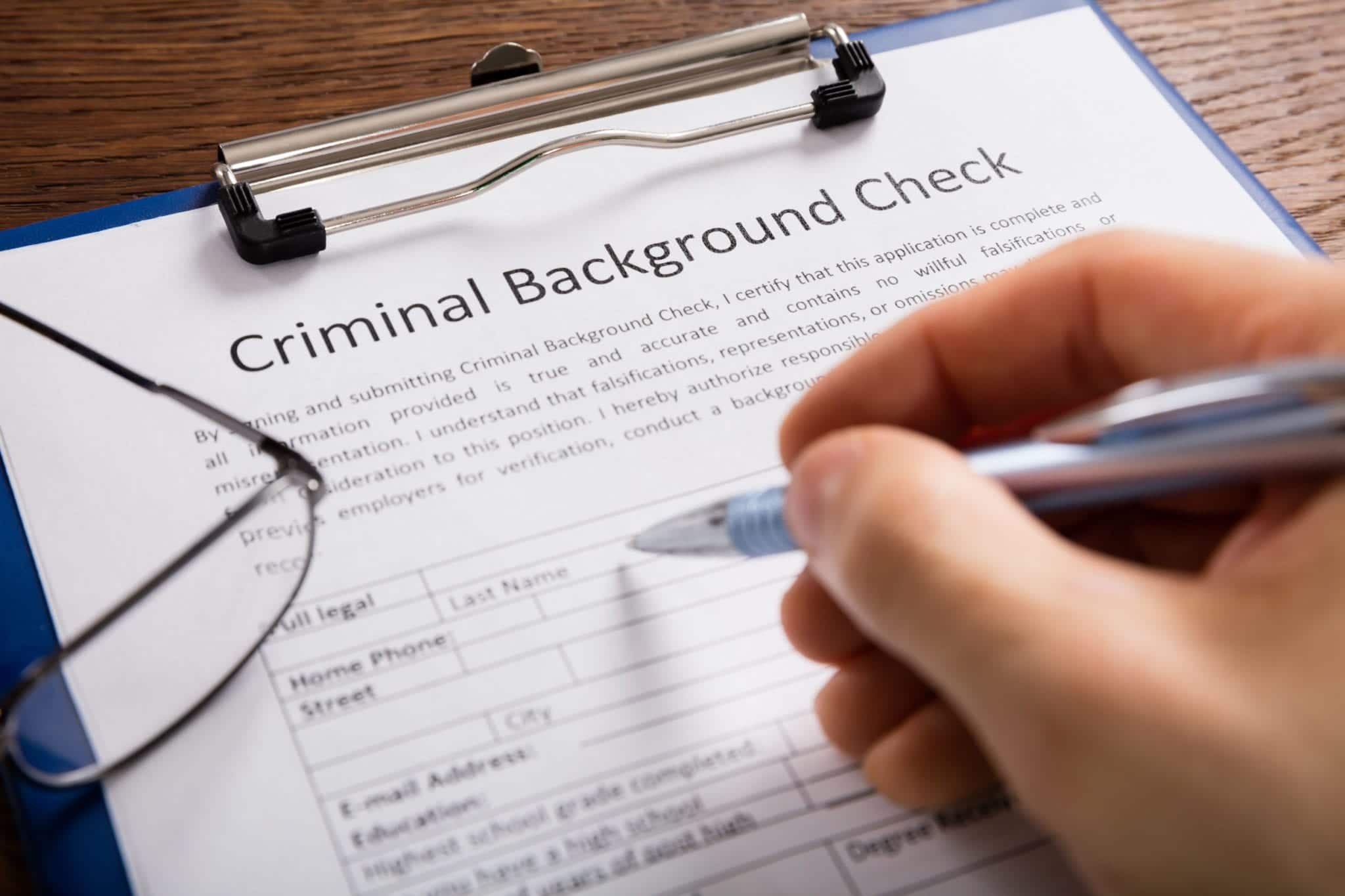Let’s say you were involved in an altercation with your partner or your roommate. The police were called. Law enforcement officers saw your condition or heard your testimony and decided to file criminal domestic violence charges.
This can be a relief for many people who have been stuck in a cycle of abuse. For others, however, it may be terrifying — because you don’t want to see an innocent loved one be put in jail due to a misunderstanding.
Which begs the question: can you as an alleged victim drop domestic violence charges in North Carolina?
In this post, we’re going to go over your options and what next steps you can take to ensure your loved one isn’t punished unnecessarily.
What “Counts” As Domestic Violence in North Carolina?
Before you take any serious action, know what “counts” as domestic violence in North Carolina. In order for an assault to be considered “domestic” assault, a personal relationship must exist between the victim and the alleged abuser.
According to the law, this “personal relationship” can include:
- Married couples/formerly married couples
- Roommates
- Parents, children, or grandparents
- Co-parents
- Significant others/former significant others
If someone commits any of the following actions against someone with whom they have a personal relationship, they could face domestic violence charges:
- Assault
- Assault with a dangerous weapon
- Assault in the presence of children
- Trespassing
- Harassment through phone calls or text messages
- Damaging personal property
- Stalking
- Sexual battery
Many of the above crimes are considered misdemeanors in North Carolina, and misdemeanor convictions come with penalties and the stigma of having a criminal record. Domestic violence may also be a felony charge if rape, serious sexual offenses, or strangulation are involved.
If law enforcement officers have any reason to believe that your partner, roommate, or relative assaulted you, they will almost certainly press charges. What can you do if you don’t want this to happen?
“Victims” Can’t Drop NC Domestic Violence Charges
Once charges are filed, victims cannot simply demand that they go away. In fact, individuals cannot charge someone with domestic violence, either — only the state of North Carolina can.
Because of this, prosecutors and judges are the only people that have the power to drop charges against a defendant. You can reach out to these people and ask them to drop the charges — but it’s not likely that they will listen.
This is due to the fact that many domestic violence victims go back on their initial accusations out of fear or loyalty to their partner. Prosecutors first and foremost want to keep people safe, and a fair trial is believed to be the best way to put domestic abusers behind bars and allow innocent people to walk free.
North Carolina Does Let You Recant Your Statement
In domestic violence cases, the victim is frequently the most important witness for the prosecution. If you initially made a statement out of confusion or anger that paints the defendant more harshly than you intended, you have the right to alter or recant on that statement.
Essentially, that means you go in and officially say, “Hey, I made a mistake. I was wrong. Here’s what really happened.”
So, should you recant to protect your partner? This is actually something that happens fairly commonly. In fact, it happens in so many cases that even if you do it the case might go on. Most likely, the prosecutor will simply collect other evidence (testimony from friends and family, medical records, photographs, etc.) in an attempt to win.
Plus, because it’s so common for victims to do this, many judges and juries put little stock in a recanted statement from a domestic violence victim. You can add weight to your desire to recant, though…
Start Seeing a Counselor
If you want to prove that you’re not just backing down because you’re afraid of your alleged abuser (or scared of losing them), one of the best things you can do is to start working with a psychologist.
Why? Because they will work up a profile on you to rule out these very things. If a licensed mental health professional is willing to sign off on something saying that you truly do not believe you were abused and that your initial statement was a mistake, it lends your argument a lot more creedence.
North Carolina Domestic Violence Penalties are Serious — Don’t Let Your Partner Suffer Them without a Fight
All couples argue, and sometimes it can get out of hand. That doesn’t always equate to abuse, though, and it doesn’t mean that the law needs to be involved.
Being convicted of a domestic violence charge can destroy someone’s life. Beyond the specific criminal penalties of jail time, fines, and so on, there are secondary consequences related to having a record of domestic violence. It can make it far more difficult to get a job, find housing, secure a loan, and more.
If you do not believe you were a victim and want to help a defendant, do not hesitate to reach out to our office.










